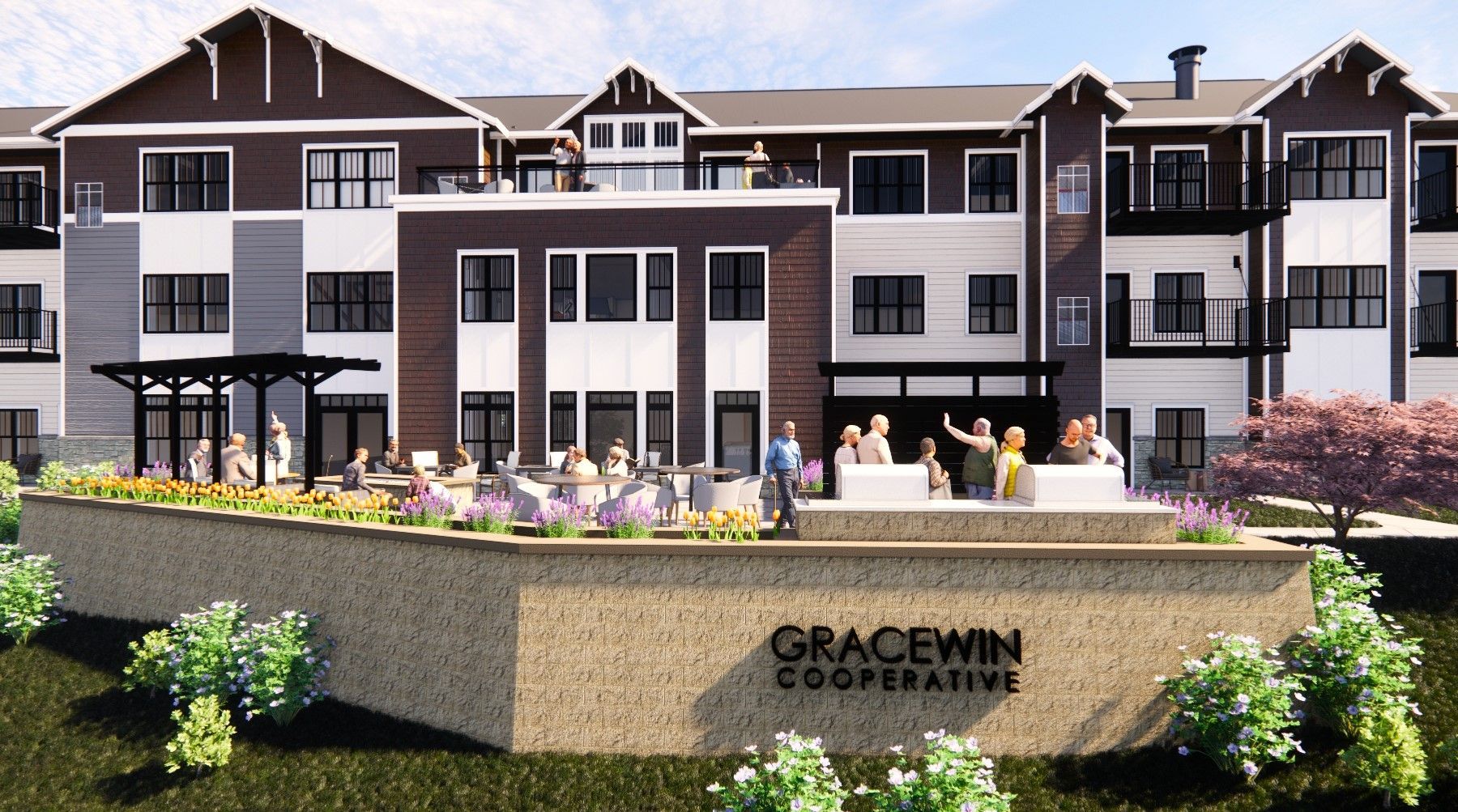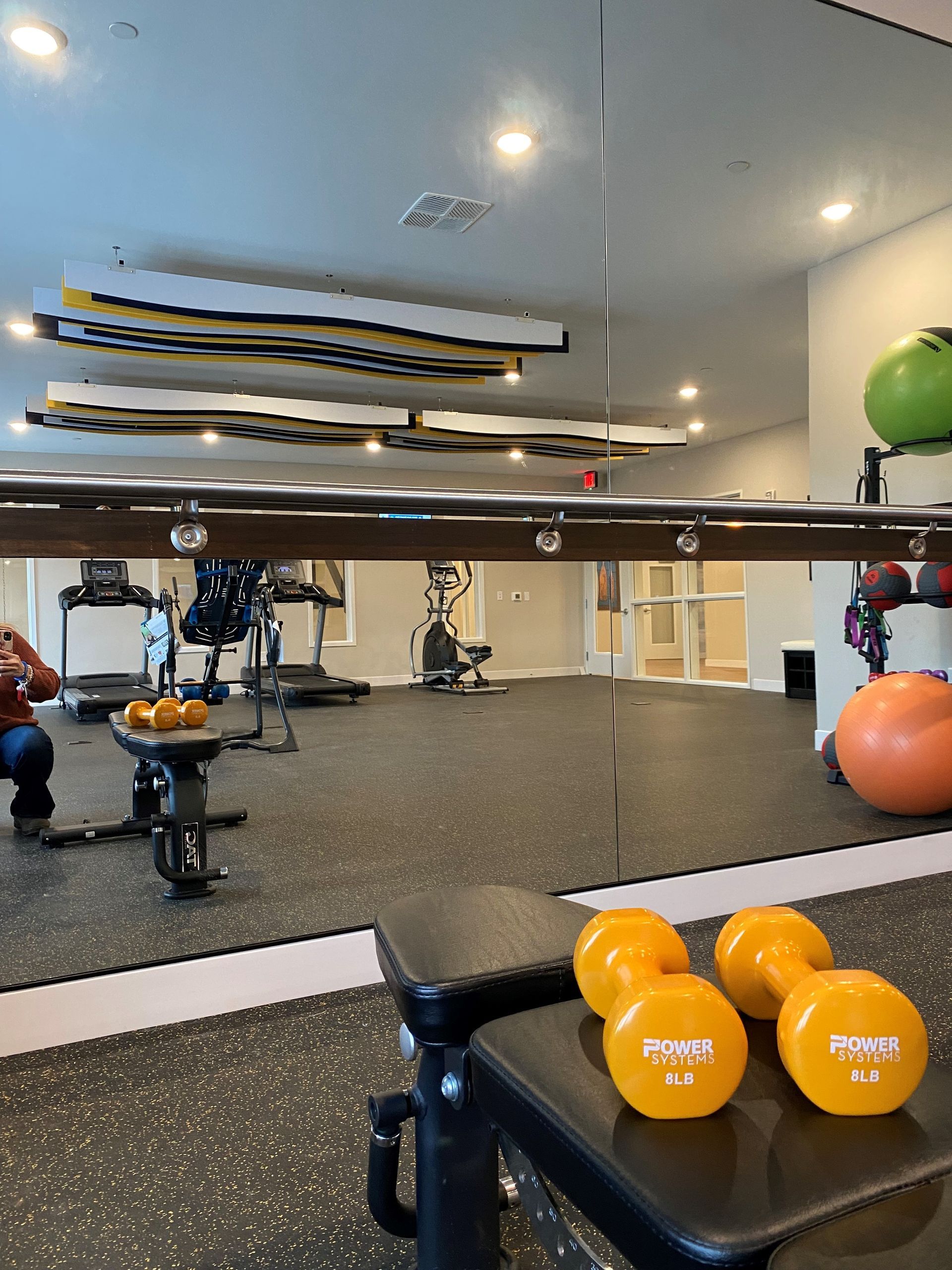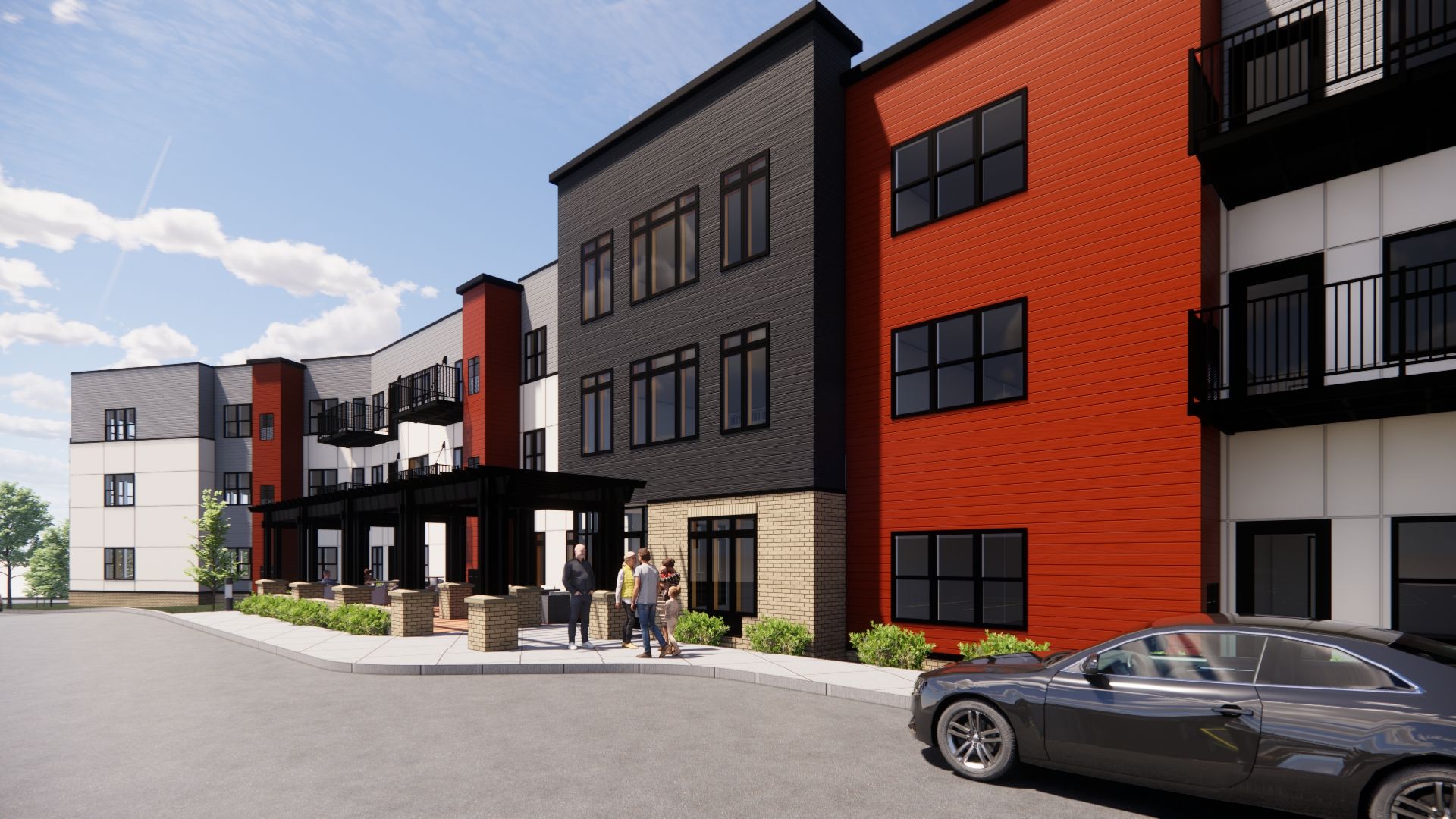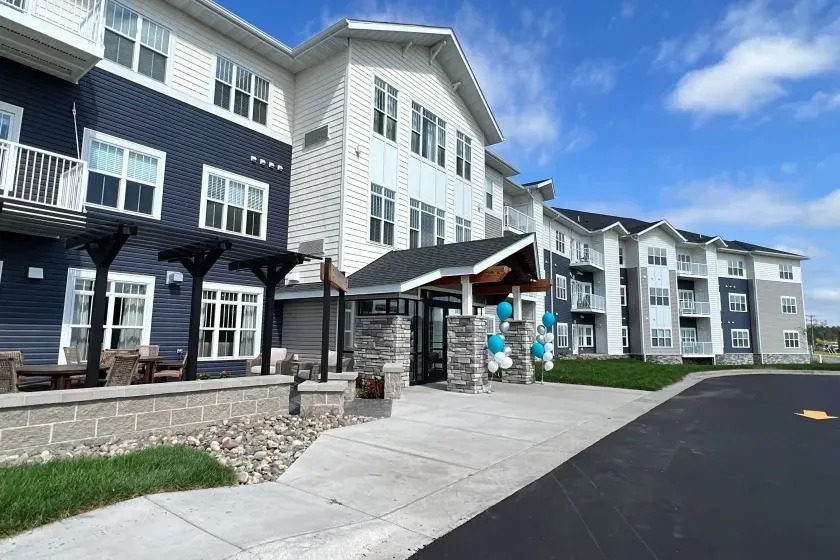Busting the Myths of Cooperatives
Gracewin Living Cooperative is the first of its kind in the Brainerd Lakes area, and there are often misconceptions about what this lifestyle is all about. In this post, we are going to address some of the most frequent.

MYTH: You pay monthly “rent” in a cooperative.
REALITY: Residents in the cooperative are owners (referred to as members), and those members incur expenses for living in the cooperative the same as they would in their own home (taxes, utilities, insurance, etc.). The difference is that these expenses are shared amongst ALL members, which makes cooperative monthly fees very comparable, and in some cases more affordable than individual home ownership. All members share in the cost of the master mortgage, insurance, taxes, utilities, repairs and maintenance, costs for professional staff, reserve funds, and amenities. These expenses are bundled together in one easy payment for the member, while the property manager makes sure that all vendor payments are processed accurately and efficiently. Cooperatives operate at cost – for the benefit of members – without a landlord in the picture that needs to make a profit. In fact, the cooperative is set up as a not-for-profit organization. This helps to provide long-term stability in monthly fees, as they typically only go up when costs increase. Cooperative members can file for a homestead exemption, deduct mortgage interest on their income taxes, and take advantage of capital gains exemptions when selling their shares just like they could with their single-family home. Additionally, members enjoy all common space areas and amenities that they may never invest in as an individual homeowner while enjoying the richness of community life.
MYTH: Cooperatives are like nursing homes.
REALITY: Nothing could be farther from the truth! Cooperatives are age-restricted (55 and up in the case of Gracewin Living) but are very different than assisted living facilities and nursing homes.
- Active Lifestyle:
The typical cooperative member is an active and on-the-go person who desires a housing solution that meets their current and future needs in a place they are proud of, they enjoy spending time in, and simplifies their home responsibilities. Changing housing needs in this stage of life may include wanting more freedom to travel and enjoy life, “right-sizing” their home after their kids have grown up and moved out, or fulfilling a desire to free up time and energy from the burdens of home upkeep and repair. For those that have not yet entered their retirement years, it provides more opportunity for leisure and social activities while at work, and provides flexibility for those with careers that require business travel.
- Planning for the Future: Members of cooperatives live independently without any of the services offered by other types of senior housing, however, looking forward and planning for a time when more physical ease may be required, these communities truly stand out. In this case, cooperative living communities offer more accessible homes with wider doorways, no stairs, and safety bars in the bathroom, allowing residents to remain in their own home more comfortably for years to come.
- Social Connections: There are many members that crave social connections, opportunities for activity, and a sense of community among a group of peers, which is a vital part of the cooperative living model. Cooperatives offer many opportunities to build meaningful relationships, find a sense of belonging and overcome feelings of isolation that seniors sometimes face when living on their own.
- Preserve Assets: Unlike costly assisted living and nursing home fees that require a spend down of assets and range from $4,500 - $13,000/month to reside there, cooperative living helps preserve assets as an owner with significantly lower monthly costs. When leaving an assisted living facility or nursing home, what you have spent there is gone. When leaving a cooperative community, your share investment is returned with equity earnings.
- Your Voice Matters: In a cooperative community, the members are the decision makers with each resident having a voice in all cooperative decisions, whereas assisted living and nursing home facilities delegate decisions of finances, care, programing, and the like to governing agencies and businesses. In a cooperative, YOU make decisions as to how the cooperative operates with the guidance of the elected Board of Directors, made up entirely of member residents.
Whatever the reason, satisfaction rates among cooperative members tends to be excellent and turnover is extremely low for this style of housing.
Myth: Serving on the Board of Directors is like serving a prison sentence, you can’t wait to get out!
REALITY: Often, members come into cooperative life having experience in dealing with associations, or perhaps even serving on a Board of Directors in a past life. In some cases, these experiences were challenging and resulted in a whole lot of extra work. Cooperative board service is somewhat different due to the presence of professional property management and staff. At Gracewin Living, the cooperative has retained Ebenezer Management Services for this purpose, and they not only staff the front office and ensure the cooperative building maintains its beauty, but they also perform functions such as paying bills, collecting member fees, managing banking, securing bids, managing vendors, and preparing budgets and tax statements for members. In smaller associations, many of these jobs would fall to the Board of Directors, however, in a cooperative these more time-consuming daily activities are handled by property management, providing Board members with the information and resources needed to steer the cooperative easily and make informed decisions. .
MYTH: Cooperative living is like being in an apartment complex.
REALITY: Although Gracewin Living is a multi-family building, the differences from an apartment complex are profound with the residents of the building having complete ownership. This translates into a more respectful and less transient population of people living in the building. Turnover in a cooperative averages in the low single-digit percentage per year, and typically only occurs when necessitated by changes in health. Additionally, the amenities at a cooperative like Gracewin Living have been thoughtfully curated for the members that live there: everything from the rooftop terrace overlooking Perch Lake to the west, to the golf simulator, the Creator’s Space for the many artists in residence, to something as simple as the car wash and shopping carts located in the underground parking for member’s convenience. Amenities are not simply a single community room or small exercise space, but instead varied amenities indoor and out that welcome visiting family and friends, or you to explore your personal interests and hobbies with other member residents. There are also many opportunities to get involved and add to the culture of the community through committee or board service, sharing on a topic where you can offer expertise, or simply planning a fun gathering with neighbors. Many describe the cooperative lifestyle as elevated.
Myth: I’m not ready for this lifestyle; maybe “someday” (or never).
REALITY: With only around 10% of homes in the United States* having the most basic level of accessibility: step free entry, a bedroom and full bathroom on the first floor, and at least one bathroom accessibility feature, often remaining at home can become an ever-increasing challenge not only both physically, as well as financially. Cooperative members continue to enjoy the tax benefits and equity gain of home ownership while benefiting from the ease offered by an ADA compliant building. In fact, in a study including more than 1,200 cooperative owners from 2010 revealed that many owners would have made the move sooner if they had a chance to do it all over again!
In summary, cooperative living offers a truly unique experience unlike any other that places you in the driver’s seat in terms of where – and how – you will live. Due to their benefits and advantages, a home in a cooperative can readily move between a home offering perfect convenience, giving you the time and energy required to get the most out of life, to one where you can often remain safely and securely in the later seasons of your life among a caring community of neighbors. Cooperatives are uniquely designed and governed to travel throughout life’s many journeys with you.
To learn more about life at Gracewin Living Cooperative of Baxter, visit our Baxter page, email info@gracewinliving.com, or call (855) 472-2396 to speak to one of our team members.
*Source: Census.gov: Old Housing, New Needs: Are U.S. Homes Ready for an Aging Population? Issued: May 2020
Gracewin News Blog










